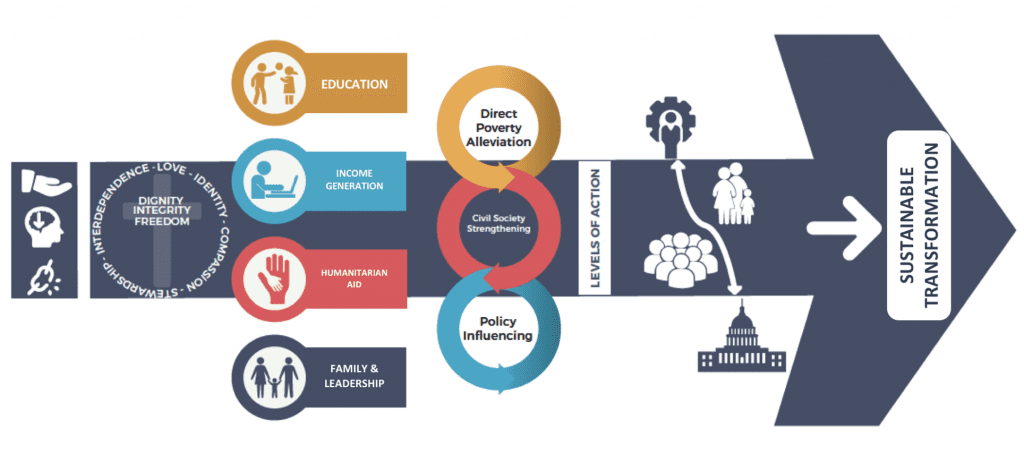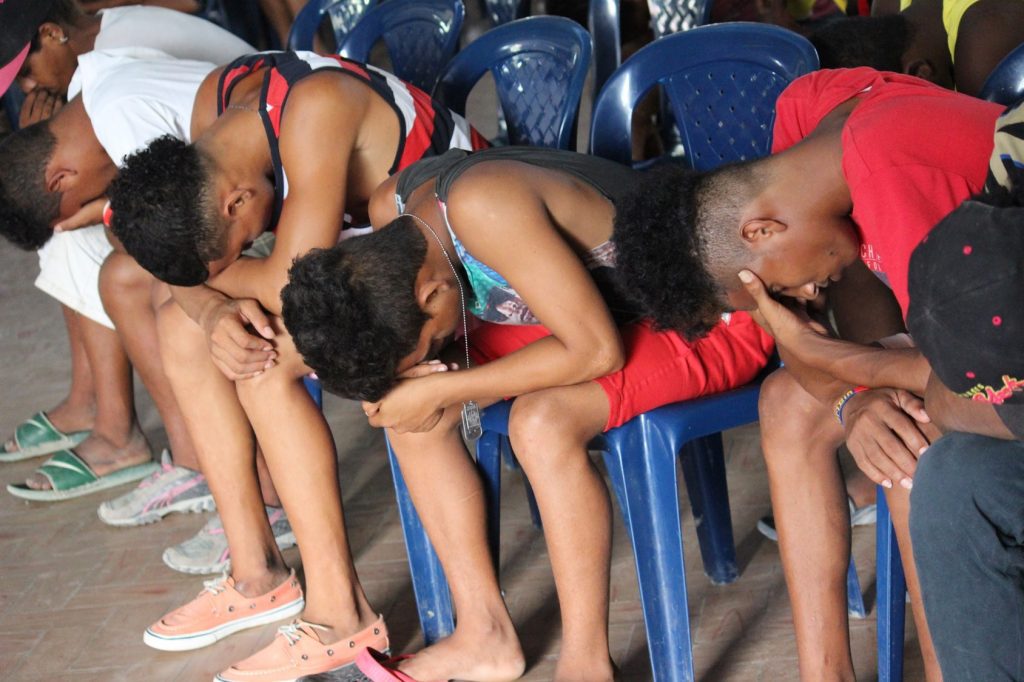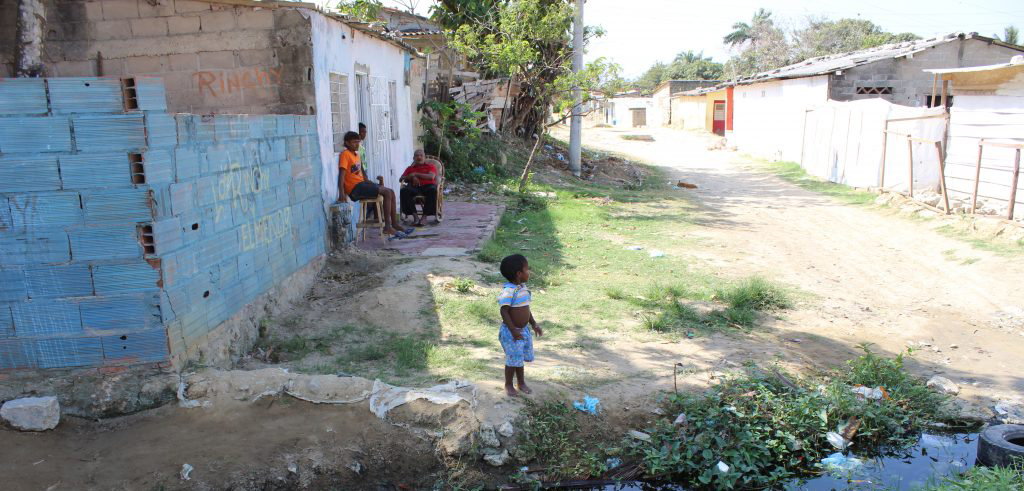
Our Transformational Approach
Replacing the cycle of poverty with one of
PURPOSE & WELLBEING
Our approach centers around four program areas:
- Education
- Family & Leadership
- Income Generation
- Humanitarian Aid
We didn’t always have these four program areas, but we learned over many years in the field
how each one is instrumental to sustainable transformation.

We started with education but soon discovered that families were broken and children were suffering from abuse. When families were broken, children weren’t safe in these environments, so education was less effective.
A broken family, where a child feels unsafe and is susceptible to abuse, significantly lowers the benefits of accessing education because at the end of the day they come home to an environment that stunts their ability to dream and thrive. By committing to strengthen families in the communities that we serve, we ensure parents support their children and provide a safe environment for them. Under this scenario, education then opens a world of opportunities for the child.
We then identified a pattern where children would drop out between the ages of 12 and 14 to support their families financially rather than receive an education. This need to put food on the table is where our income generation program and our humanitarian aid program comes in to support education. We knew we needed to find a way to allow parents to sustain their families and keep their children in school.
Our adult formation technical training centers allow parents to learn trades, skills, start their own business and better provide for their families. Our employment center connects those we serve to job opportunities.
However, when you’re sick, it’s hard to worry about much else. Through our humanitarian aid program, Conviventia conducts much needed medical brigades in many different vulnerable communities to help close the gap between healthcare needs and local availability.
The result? Children stay in school, receive a holistic education, and families break free from the cycle of poverty.
Our Theory of Change:
Systems are as strong or as weak as the people who conform them and the values that sustain them.

At Conviventia, we believe poverty is the result of the way in which people see themselves and the way in which they see the world. Poverty is rooted in a ‘poverty mindset’ that traps individuals, generation after generation. To change this, and bring about development, we help people shift their paradigms. Our programs lead individuals and families through a process that equips them with knowledge, understanding, and tools, enhancing their capacity to take on responsibility for their own development with a clear understanding of their worth, identity, and purpose.
By working in an integrated manner and considering the different dimensions that make a person whole, we advance toward a sustainable transformation, moving from the individual to the collective.
When individuals are reconciled with their creator, they then recognize their life as worthy and purposeful; adopting a new perspective regarding their capabilities and their responsibilities as a social being.
This, has a direct influence upon an individual’s relationship with himself. Individuals, now understanding their inherent value, begin to perceive their life from a new perspective, from which they can appreciate their existence, their uniqueness, and step into their identity as a child of God, created in His image.

This is where communities begin to change.
This renewed individual can now practice self-government; i.e. administer their life and their relationships adequately. She/he can begin to build harmonious, productive relationships with their peers; free of co-dependence, competitiveness, or rivalry. Understanding each person’s inherent value, she/he begins to ask themselves what they can do for others, and can now manage his relationships with her/his peers in a healthy way; allowing them to exercise their responsibility to community-wide wellbeing and their role in society at large. This individual can now understand the concept of stewardship and use the tools and resources around them to enact positive change.
Healing these fundamental relationships establishes a strong foundation from which to influence change in the systems and sub-systems that perpetuate poverty, leading to sustainable transformation precisely because it focuses on healing and empowering people, who can now become agents of change in society.
